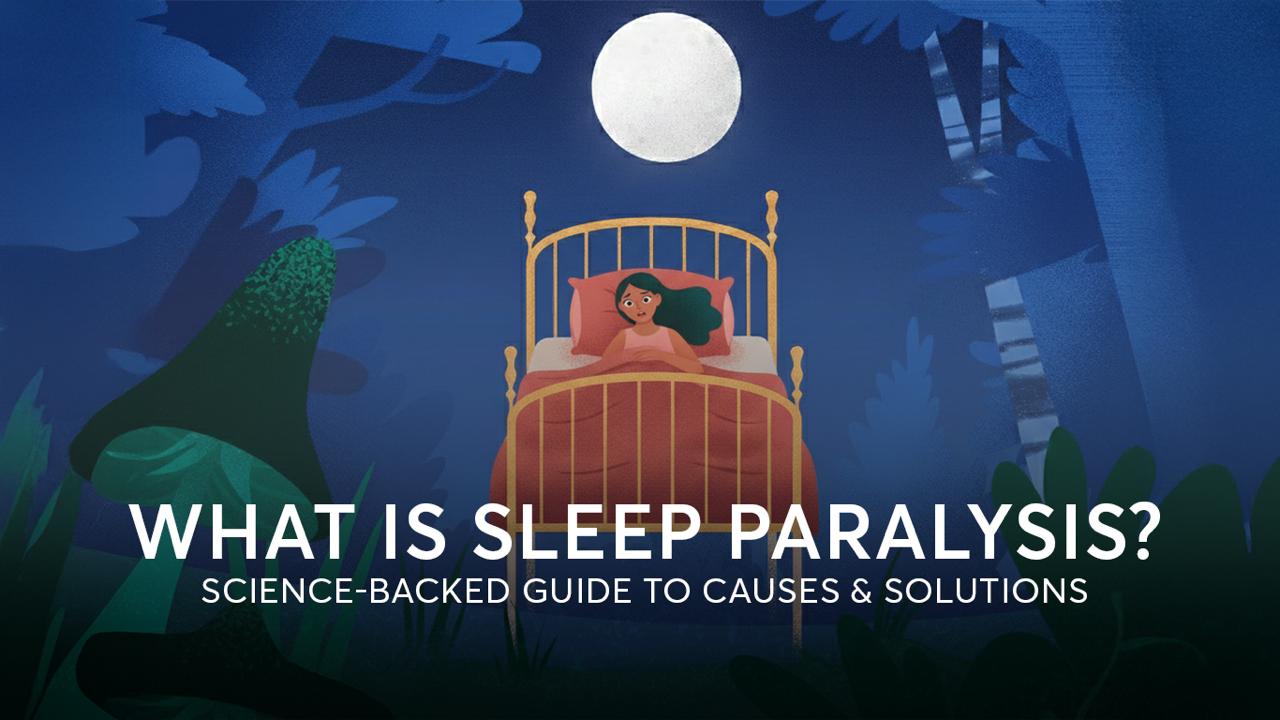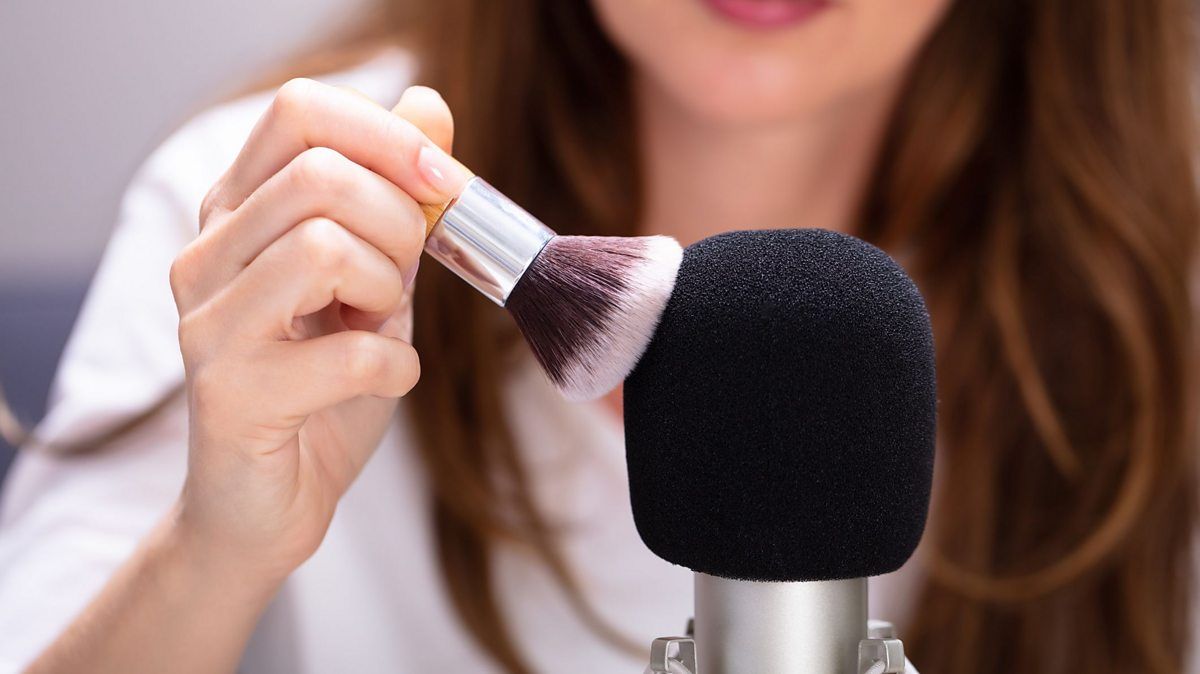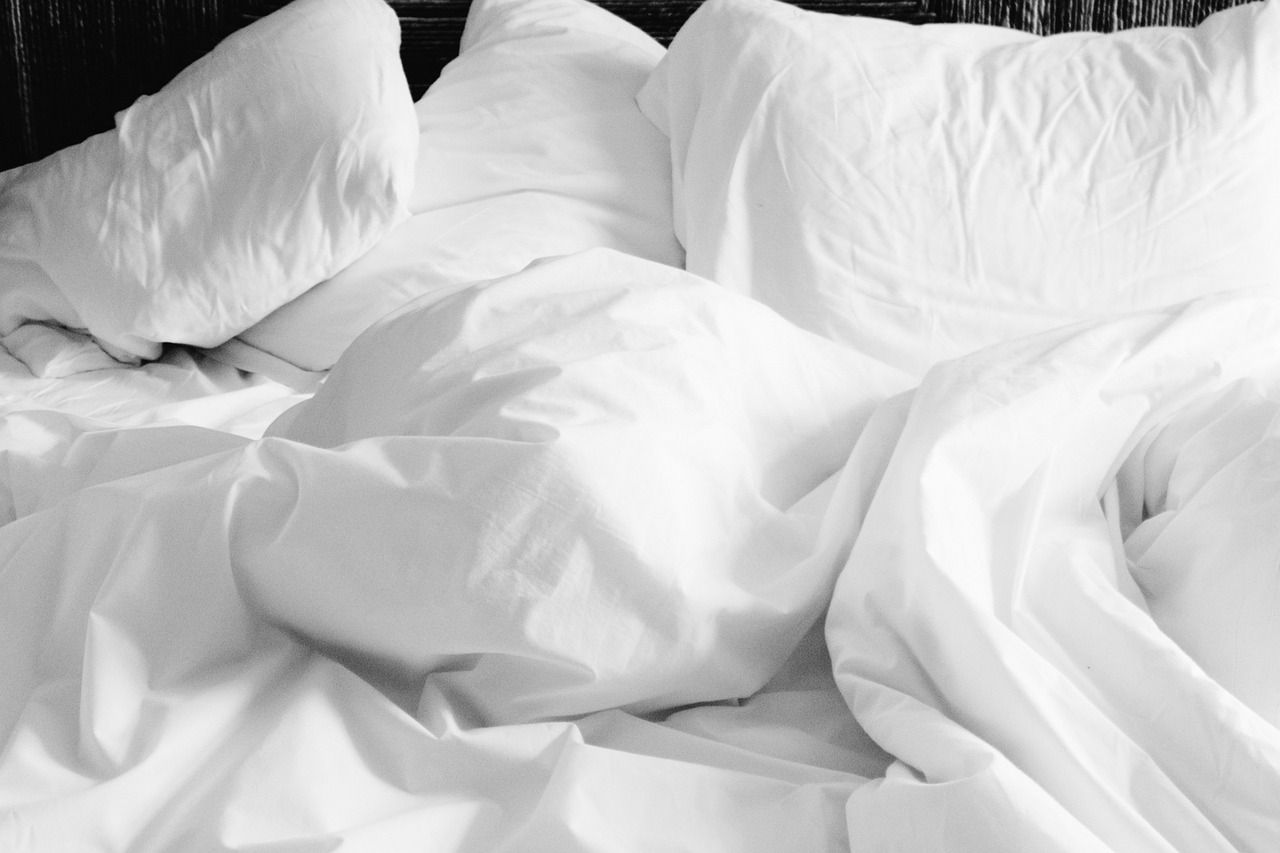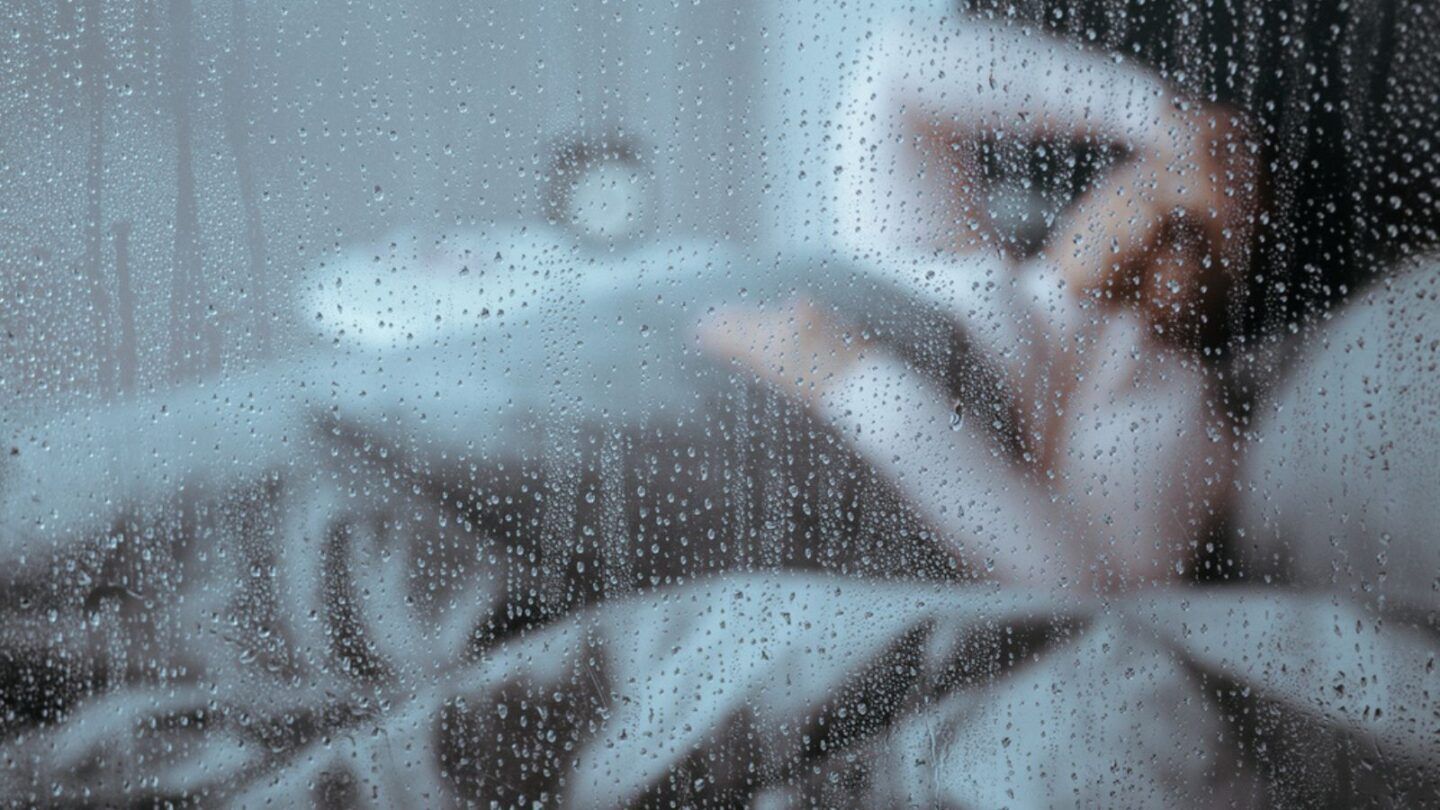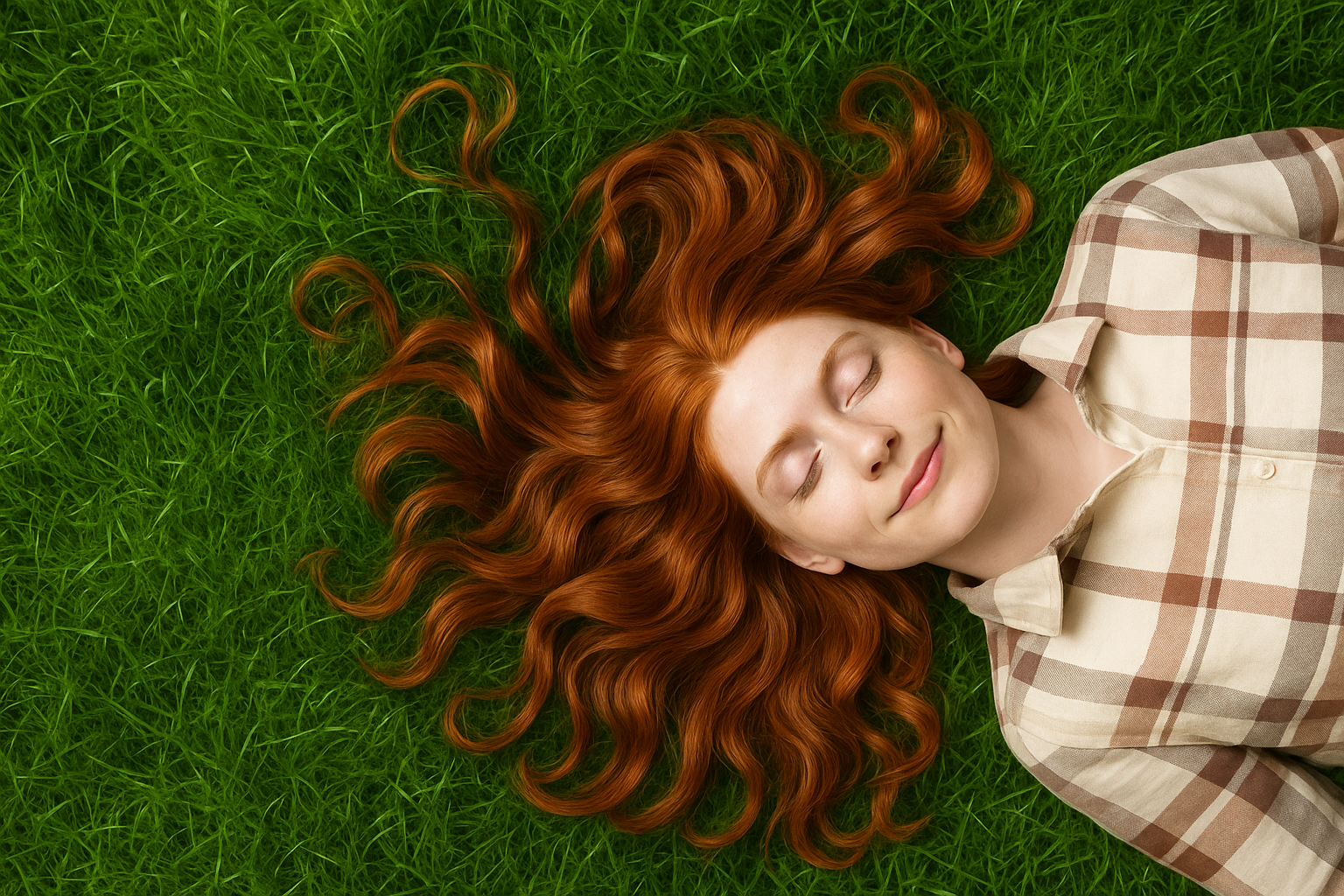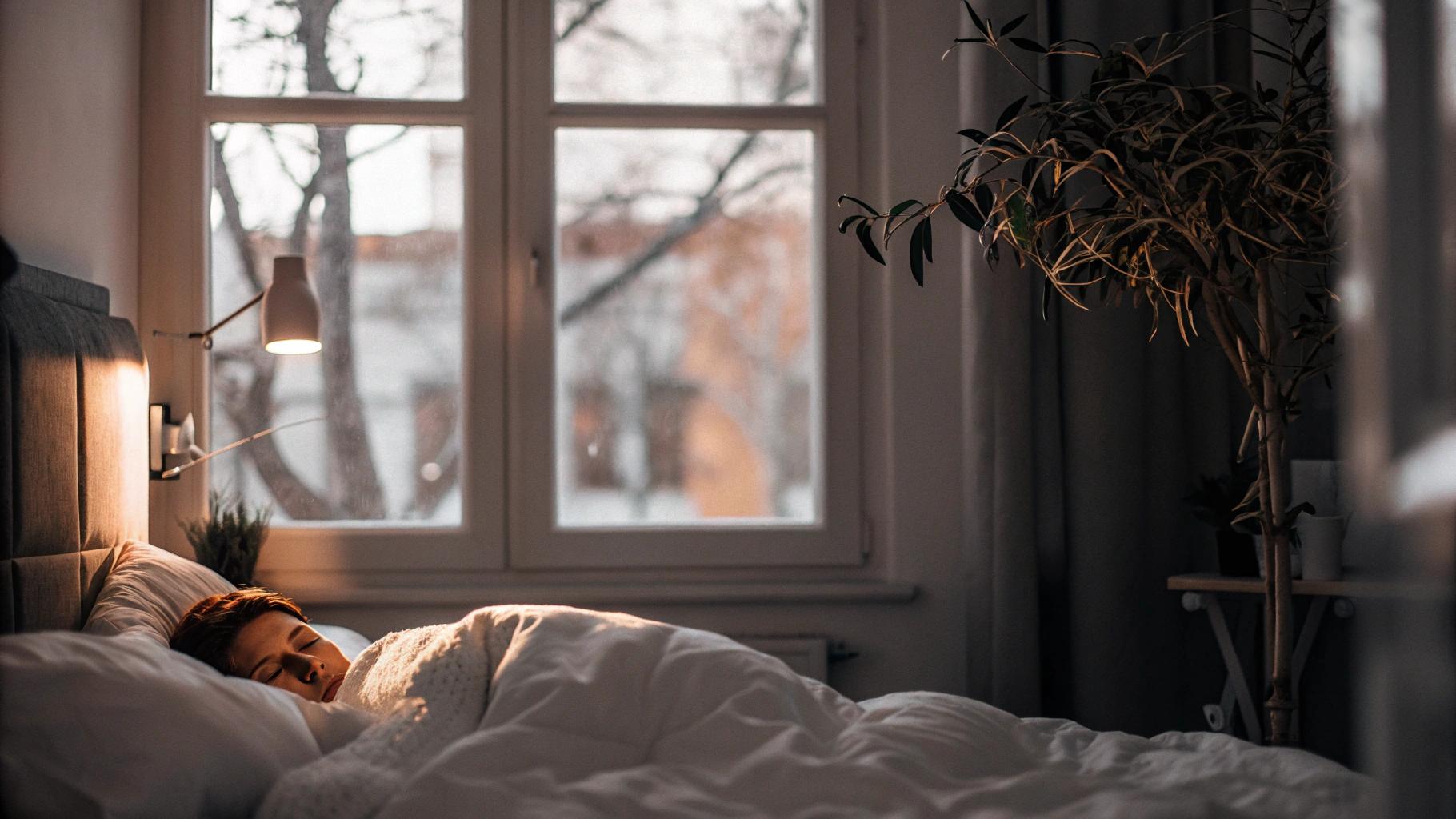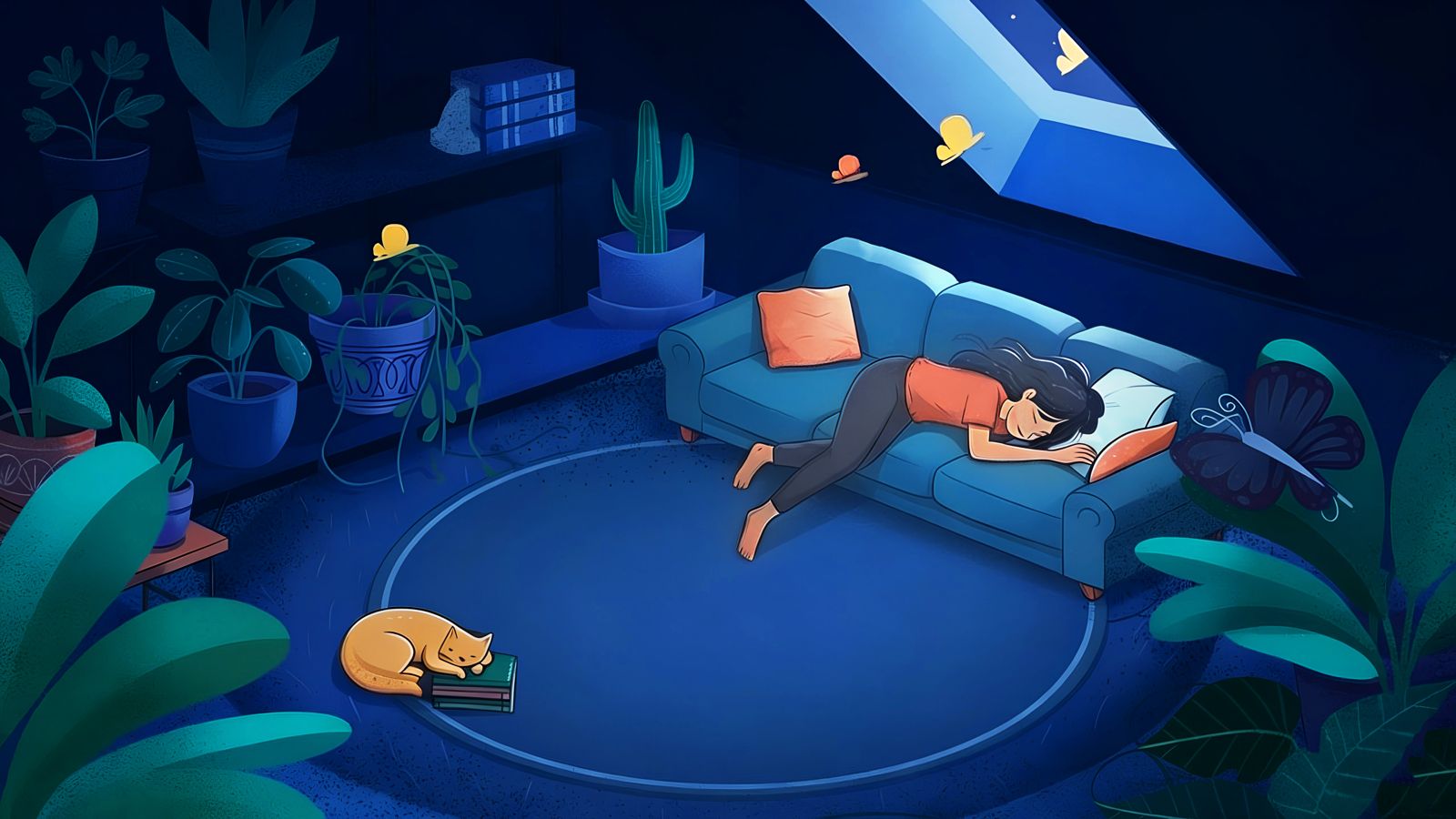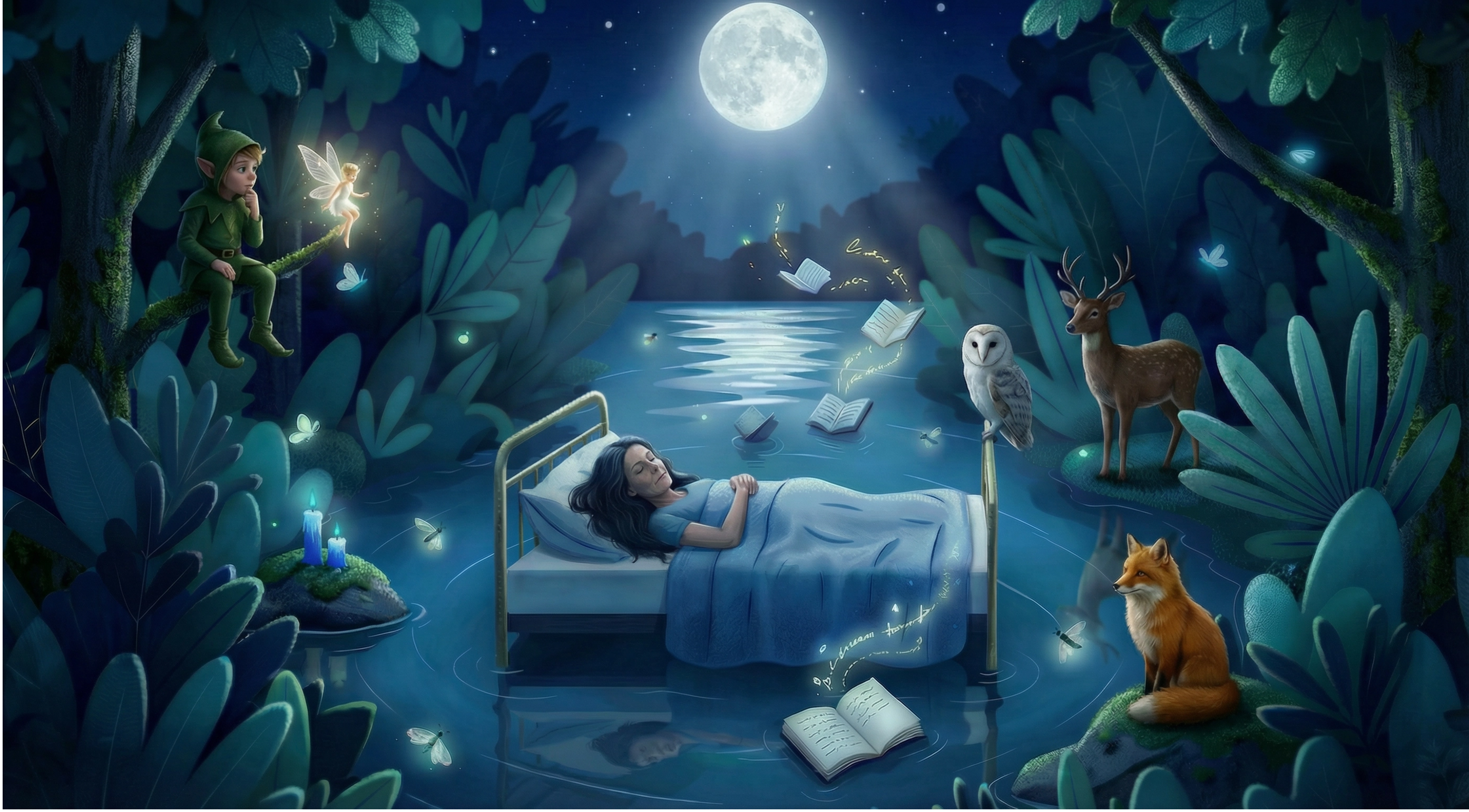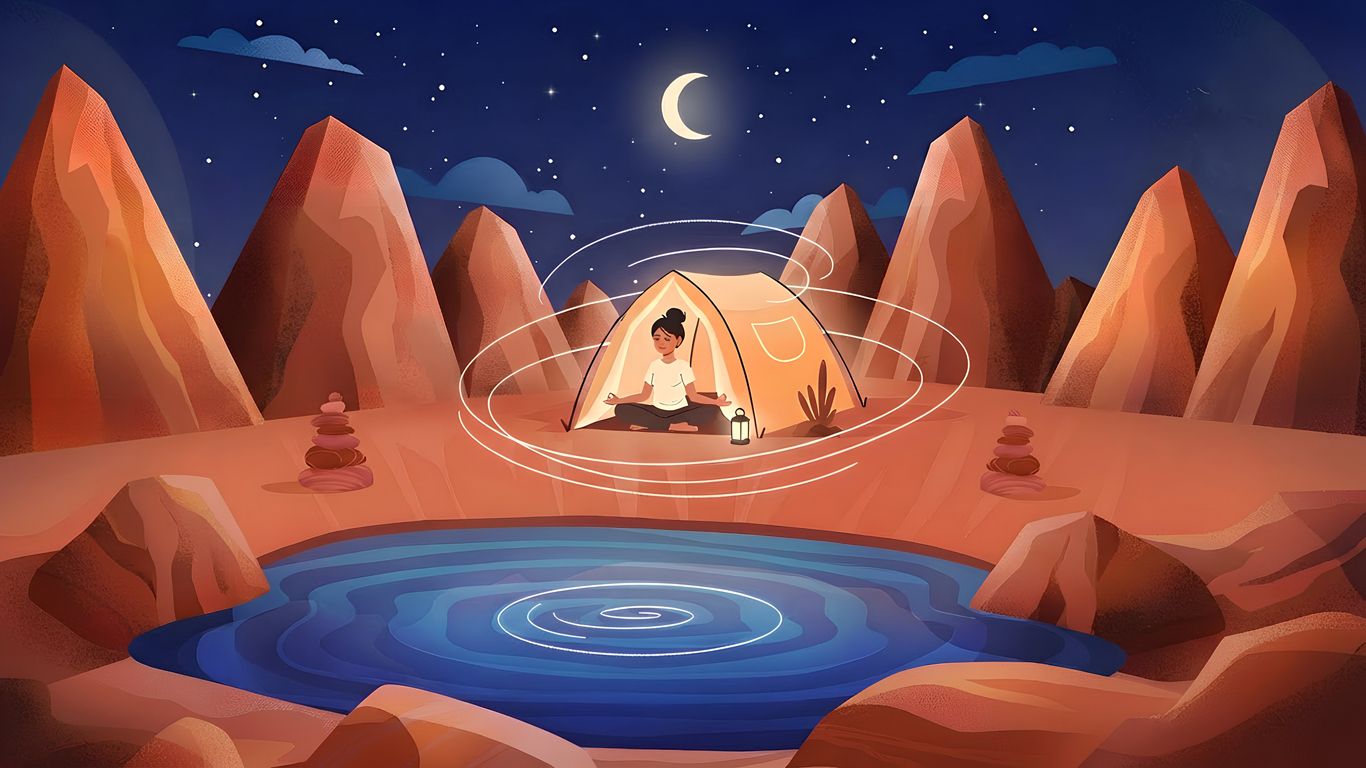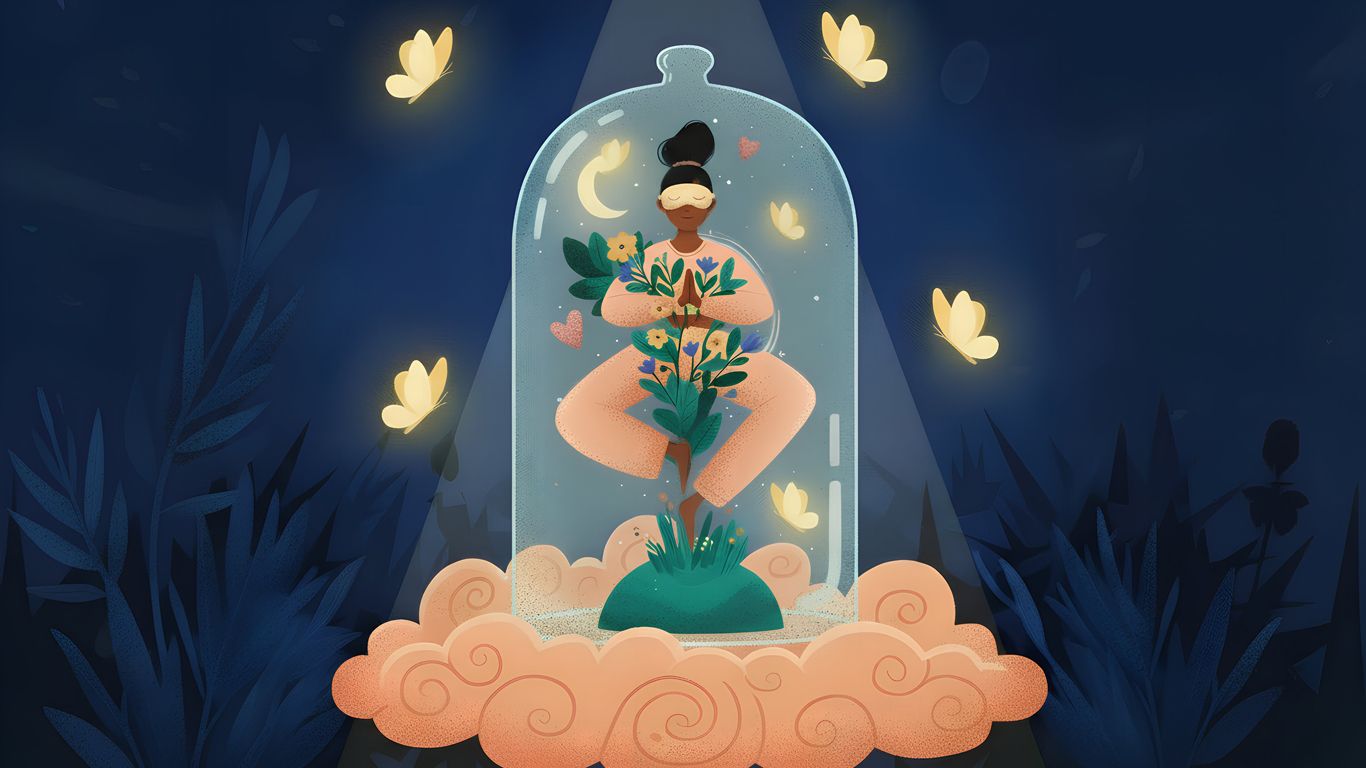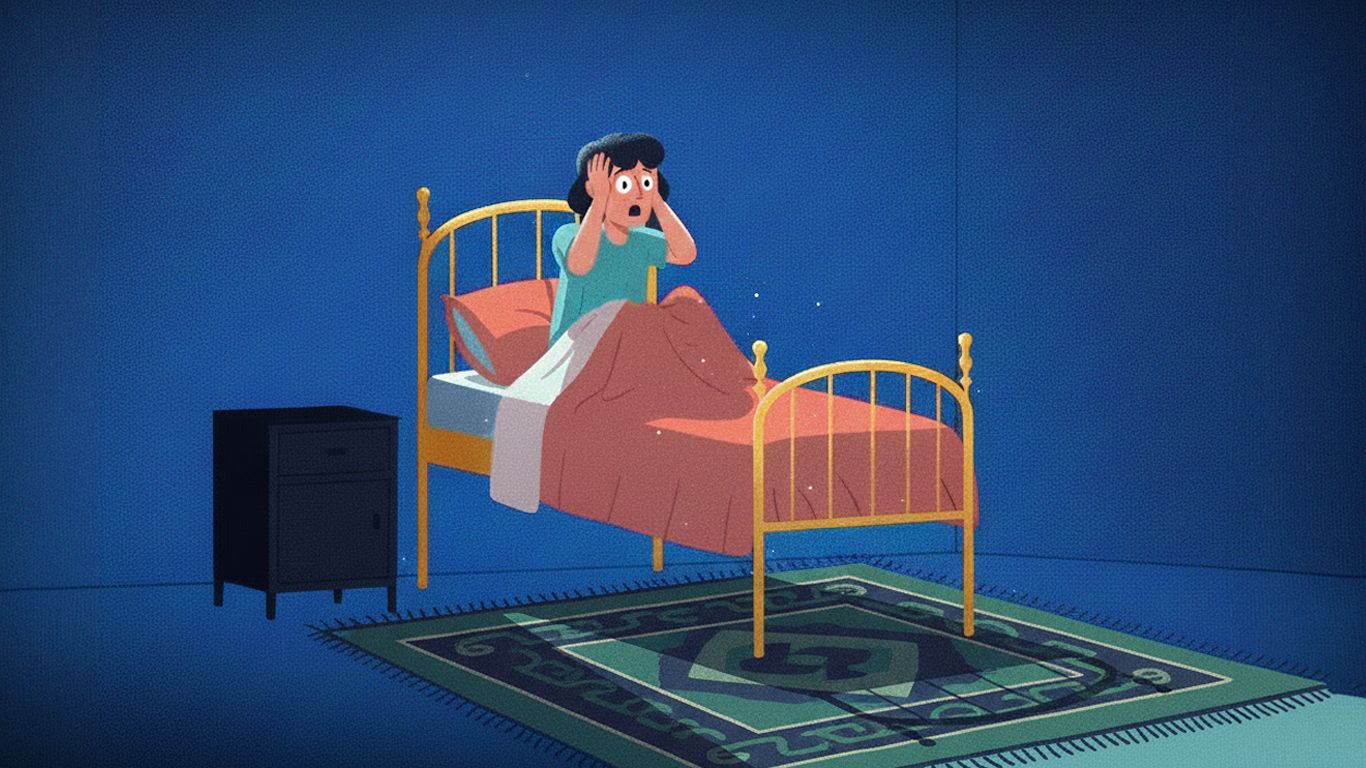
How Alcohol Impacts Your Sleep
Alcohol is a depressant, which means it slows your breathing, heart rate, and brain activity. In other words, alcohol’s effects make you feel sleepy and relaxed. You might think having a nightcap is a smart idea before bed, but alcohol is generally more disruptive than useful to sleep.
How Does Alcohol Affect Sleep?
A drink before bed can make you drowsy enough to fall asleep faster, but that is where the benefits stop. To get all the perks of a full night’s sleep, you need to go through the sleep stages a few times with minimal disruption.
Although alcohol can get you into one of the lighter stages of sleep, it will likely prevent your mind from dropping into deep sleep. Your body works hard to metabolize alcohol, so once the sedative effects wear off, you may wake up or simply never move into the REM (rapid eye movement) stage of your sleep cycle. You may not even realize that you slept lightly or woke up often, but you will definitely feel the effects later on. A few other major issues may arise when you drink too much too close to bedtime:
Insomnia
Scientific studies find a strong correlation between insomnia and frequent alcohol use. Binge drinking is particularly problematic when it comes to insomnia. One nightcap may not affect you too much, but five drinks will surely disrupt your sleep.
Sleep apnea
Sleep apnea causes breathing to stop and start during the night when the muscle in the back of the throat relaxes. A study of participants with sleep apnea found that drinking alcohol before bed increased the frequency and duration of episodes. The same study found that drinking triggered episodes of sleep apnea in those who snore.
Nightmares
Another potential effect of alcohol is an increase in vivid dreams and nightmares. Drinking can also increase the chances of lucid dreaming, which is when you are aware that you are dreaming while asleep. You may even sleepwalk or move around in your sleep more after drinking.
Moderate Drinking vs. Heavy and Binge Drinking
Healthy adults with no sleep issues may not experience any ill effects from moderate drinking, which is a type of drinking considered low-risk for most people. Moderate drinking means up to one drink per day for women and two for men. What qualifies as a drink is a 12-ounce beer, five ounces of wine, or 1.5 ounces of liquor.
Even for healthy adults, heavy or binge drinking is problematic and likely to impact sleep. Binge drinking refers to a blood alcohol content of 0.08 or higher. For women, this is usually four or more drinks within two hours, while for men, it amounts to five or more. What qualifies as heavy drinking is having 8 or more drinks per week for women and 15 or more for men.
For better sleep, stick to moderate drinking or do not drink at all. If you have health issues, insomnia, or other sleep disorders, try to steer clear of alcohol altogether. Develop healthier habits that promote good sleep, such as exercise, stress relief, and a good diet. Try nightly meditations on BetterSleep. They are much better than alcohol for setting the scene for a solid night of restful sleep.
